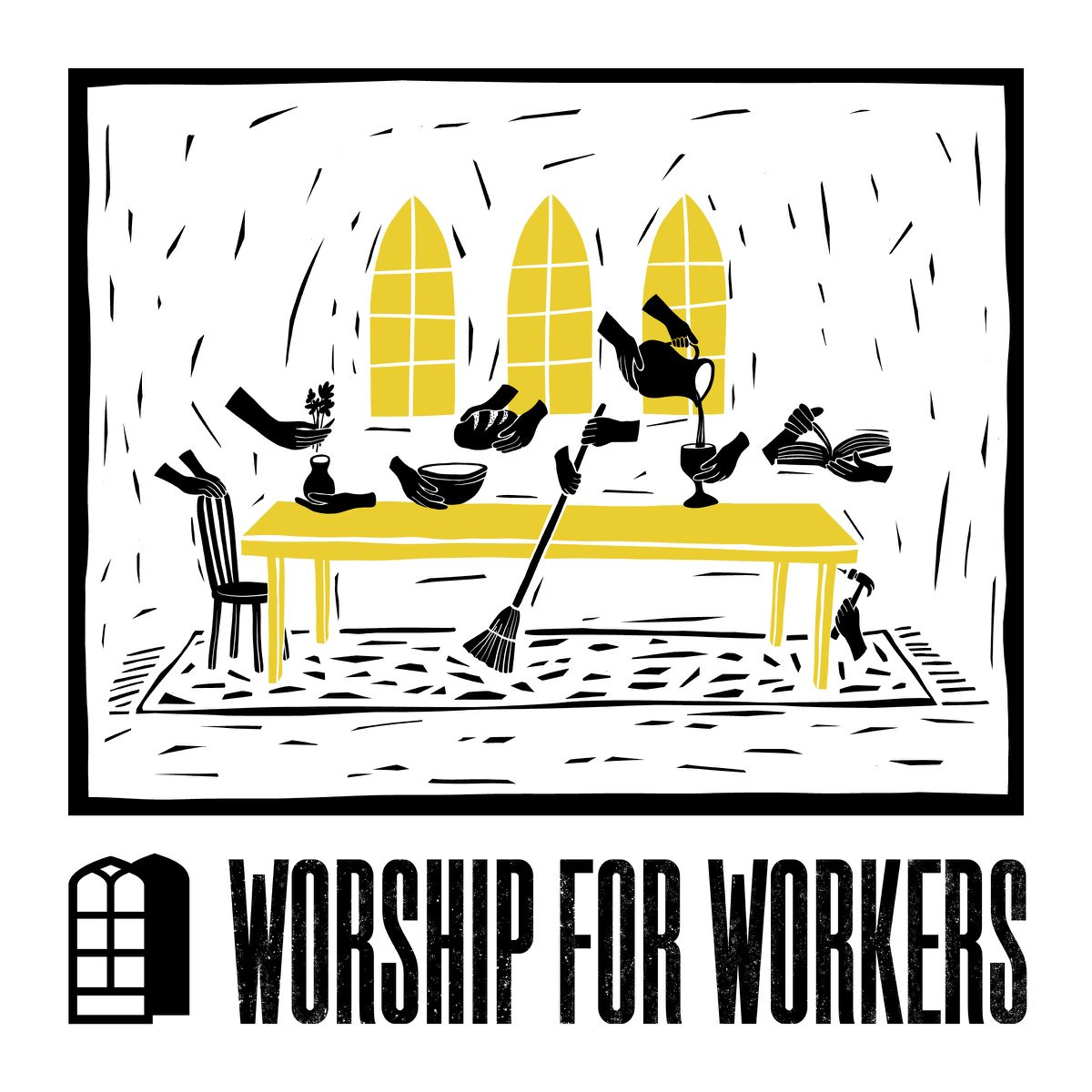This article originally appeared in Midnight Donuts #2. Want to read the most recent edition of Midnight Donuts? You can do so here!
*Note: This op-ed includes occurrences of strong language
Everyone agreed. The concert was incredible. My dad had but one qualm: “I don’t get why they had to use that word.” He, my brother, and I had just seen a favorite band of ours, Kings Kaleidoscope, in Nashville. It was 2017, and the band was touring off their new record, Beyond Control. My father’s comment was directed at track 12 on this album, “A Prayer.” Anyone proximal to Christian music culture at this time was aware of this song, regardless of their familiarity with Kings K; it contained the infamous F-bomb heard around CCM. Frontman Chad Gardner ruffled thoroughly the feathers of thousands of fans with his chutzpah. To hear such colorful language from a band known primarily for making worship music was hugely controversial. And Kings Kaleidoscope were hardly the first perpetrators. Christian nu-metal titans P.O.D. lost fans in 2012 for using the same word in the song, “I Am.” Hillsong UNITED caught flack for the line “even when it hurts like hell” in their 2015 song “Even When It Hurts (Praise Song).” The sentiment of thousands was echoed in my dad’s comment that evening. Thousands more believe inclusion of rougher language to be a valuable part of Christian worship. This argument will likely continue in the Church for as long she exists on earth. I would like to present here one perspective on the potential usefulness of uncensored Christian music.
Every time a Christian artist throws in a couple naughty words and decides they don't care whether or not LifeWay sells their album, a veritable corn maze of questions opens up around the issue. Is swearing just lazy and selfish? Which words are the bad ones? Are the bad words always sinful in any context?
This piece will not be long enough nor am I qualified to settle the matter comprehensively once and for all. So, let me clarify some assumptions I will be making throughout this article for brevity’s sake. It will first be assumed that any kind of salty language is out of place in a congregational worship setting. My focus is on songs for believer-to-believer edification from Monday through Saturday, so to speak.
Second, I will assume that using a coarse word is not inherently sinful. I want to draw attention rather to the motivation behind and effects of our language. Lastly, I do not believe bad words in Christian music violate Romans 14, where Paul instructs us “not to put any … obstacle in the way of a brother or sister.” (NIV) Listening to a particular song is not usually something we are forced to do. If anyone is not comfortable with rougher language, then, if it is not useful nor edifying to them, they are free to avoid listening. For as many types of Christian as exist, there are just as many styles of music to build up each in unique ways.
The singular thing I intend to do in the following paragraphs is to argue that music made by Christians for Christians can utilize messy language to reach those in messy situations with the love of Christ which fears no uncleanliness. When we let our worship envelope even those vulgar and hopeless parts of life, our experience of God’s redemptive power is deepened in a special way.
My wife teaches at a Tennessee public (read: underfunded) school. She has one of the most difficult, frustrating, exhausting jobs of anyone I know. There is a beautiful album by the worship collective The Porter’s Gate called Worship For Workers that accompanies her almost every morning on her commute.
One particularly stirring track from Worship For Workers is called “The Breastplate Of Saint Patrick.” This song is based on a well-known prayer of St. Patrick and includes the line, “When I’m busting my ass but it’s never enough / Christ beside me.” My wife does not just work hard at her public school. She does not just get tired out by the end of the day. She does not just give her all. She busts her ass for her students. And it can be draining and discouraging. For her to hear a song that honestly acknowledges this and then testifies to Christ’s presence with her is a profound comfort. By meeting us in the reality of our pain with the love and light of God-with-us, artists show us how even the most draining and discouraging days are redeemed by our inseparable union with Christ. He is with us there. Yes, even there.
I had a similar experience with Kings Kaleidoscope’s “A Prayer” as a teenager. The lyrics of this song were taken from journals chronicling some of the author’s darkest moments. He chose to represent these struggles in a 1:1, unedited way. A series of questions are aired throughout the first half of the song, including “Will I waste inside the silence / Where the fear is f*cking violent.” These questions are answered wonderfully in the latter half with Jesus’ reply: “I’m right beside you / I feel what you feel / And I’m here to hold you / When death is too real / Because I love you.”
Upon the release of this song, major depression and minor teenage angst were keeping me from a healthy practice of Christian spirituality. The naturally-occurring doubts every believer faces were festering and fed by anxieties of all kinds. Hearing this song then was like being shot through with a beam of light. Kings K’s first album had been foundational for me. Someone I admired and saw as a leader in the faith was relating to my struggles on an extremely personal level. I thought, “Oh. He gets it.” And I was not left wallowing in the violent fear. My attention was not locked on the weight of that one word. Instead, the song pulled me through the darkness to realize that my Lord Christ feels my deepest hurts right alongside me. Yes, even there. His love was the landing pad, and the turmoil of the journey made the landing that much sweeter.
Of course, there are other words to use when writing songs. Synonyms exist. But this kind of powerful language, used with mature moderation, can have powerful effects. Songs like this say to the spiritually-injured believer, “You don’t have to clean yourself up to rest in God’s presence.” He is no farther from us in our loneliest, most disoriented times than in the happiest ones. He is not afraid of our honest expressions of hurt and anger.
Maybe coarse speech will be completely sanctified out of us somewhere along the journey of being made into the image of Jesus. For some Christians now, though, it can be used like striking, violent colors to paint the extremities of our experience of God’s love. He is a God who redeems the whole of our lives, even the ugliness we consider useless. May our Lord Jesus Christ grant us wisdom and grace as we learn from each other’s experiences of His amazing love as we are transformed into His likeness together.
Thanks for reading! This article originally appeared in Midnight Donuts #2. If you enjoyed it, consider getting the most recent edition of Midnight Donuts here!









I love your perspective here, Lucas! Thank you so much for sharing your thoughts!